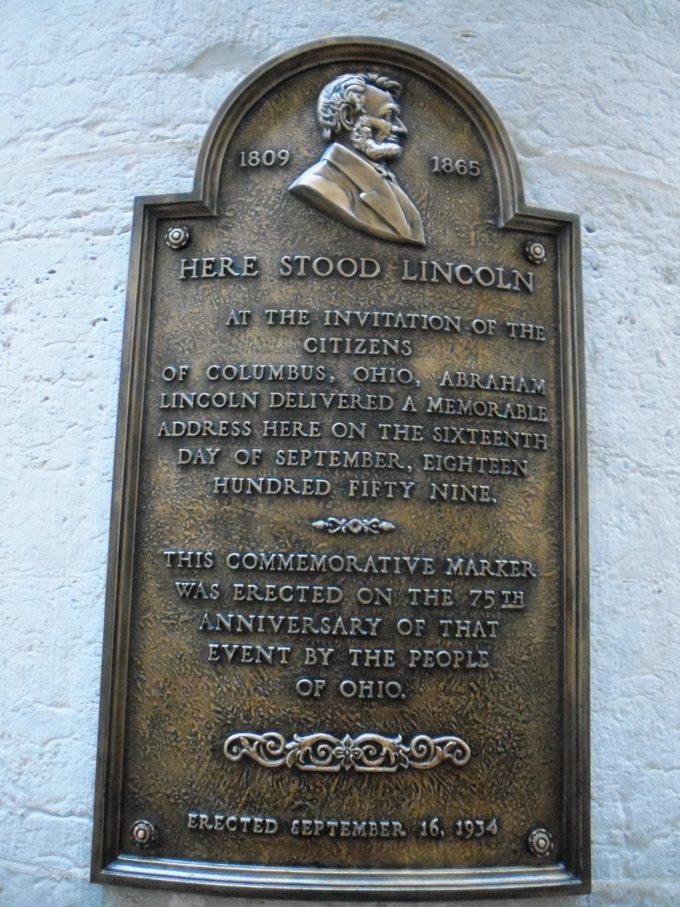
Sunday, 22 December 2019
…and when the Chief Shepherd appears, you will receive the crown of glory that does not fade away. 1 Peter 5:4
Peter is speaking to the elders (5:1), and he is continuing his exhortation to them to properly shepherd the flock which is entrusted to them. He now finishes this thought by saying, “and when the Chief Shepherd appears.”
It is a passive aorist participle which would be more correctly translated as “And the Chief Shepherd having been revealed…” It signifies that He is currently concealed from us, but at some point, that will change. The veil which conceals Him will be removed, and He will be presented in all of His glory. It is a verse which implicitly tells us that “visions” or “visitations” of Jesus at this time are untrue. Christ is, at present, not revealed to His flock.
Peter’s words reveal that Christ is, like the elders he is addressing, a Shepherd over His flock. This is already seen in several ways elsewhere in the use of the term “Shepherd” when speaking of Him, or “flock” when speaking of those under Him. The New Testament assigns three different adjectives to Jesus’ title as the “Shepherd” –
Good Shepherd – John 10:11
Great Shepherd – Hebrews 13:20
Chief Shepherd – 1 Peter 5:4
Today Peter calls him the “Chief” Shepherd. The word used in Greek is archipoimén. The prefix archó signifies to reign or rule. Peter is using this term to show the preeminent position of Christ Jesus in the role of shepherd. He has done this because, in verses 1-3, he has been addressing elders or “shepherds” of individual churches.
Those elders who are shepherds are obviously subordinate to Christ. But more, Peter never goes beyond that, to imply some type of hierarchy where he is a chief among them. There is simply the Chief Shepherd and all other shepherds after him. Hence, there is no hierarchy. Peter notes to them that at the appearing of Christ, the Chief Shepherd, “you will receive the crown of glory.”
This ties directly back to verse 5:1 where he said, “I who am a fellow elder and a witness of the sufferings of Christ, and also a partaker of the glory that will be revealed.” Peter is reminding them that their trials, faithful care of the flock, and patient endurance was a small thing compared to what lies ahead. Christ suffered, but he then entered His glory. So shall it be for those who are in Christ.
The term “crown of glory” does not necessarily mean that shepherds will wear a literal crown based on their office. Rather, it could simply be a metaphorical way of describing the glory which will adorn them. A crown is a symbol of honor and achievement, but there is no need to take the instances of the word “crown” given in the New Testament epistles as literal crowns that people will walk around with.
Whether the crowns are literal, or simply stand as metaphors of the state of glory which lies ahead, Peter says that it is a “glory that does not fade away.” Here he uses a word, amarantinos, which is unique to this verse in the New Testament. It substantially comes from aramanths, a type of flower which was used in ancient times to refer to that which never fades away. HELPS Word Studies notes, “The amaranth flower has incredible resiliency (ability to endure). It easily revives when moistened, even after it is uprooted.”
Thus, it was symbolic of perpetuity and immortality. The suffix Peter applies to the word connects the elders to this unfading glory of God which is bestowed upon them.
Life application: What Christ promises His redeemed is something eternal and unfading. All of our earthly treasures will fade, but such will not be the case concerning what lies ahead. For those leaders within the church who are faithful, something much greater will replace all that they have suffered through or been blessed with. If you are a shepherd of a flock, be careful to lead faithfully – the Lord is watching and will reward or judge your actions.
We look to You as our Chief Shepherd, Lord Jesus. Our eyes and our hearts are set upon the joy of the day when You appear and lead us to our eternal dwelling. Until that day, may our earthly shepherds faithfully execute their duties so that You will be glorified by them. Praises be to You, now and forever! Amen.




